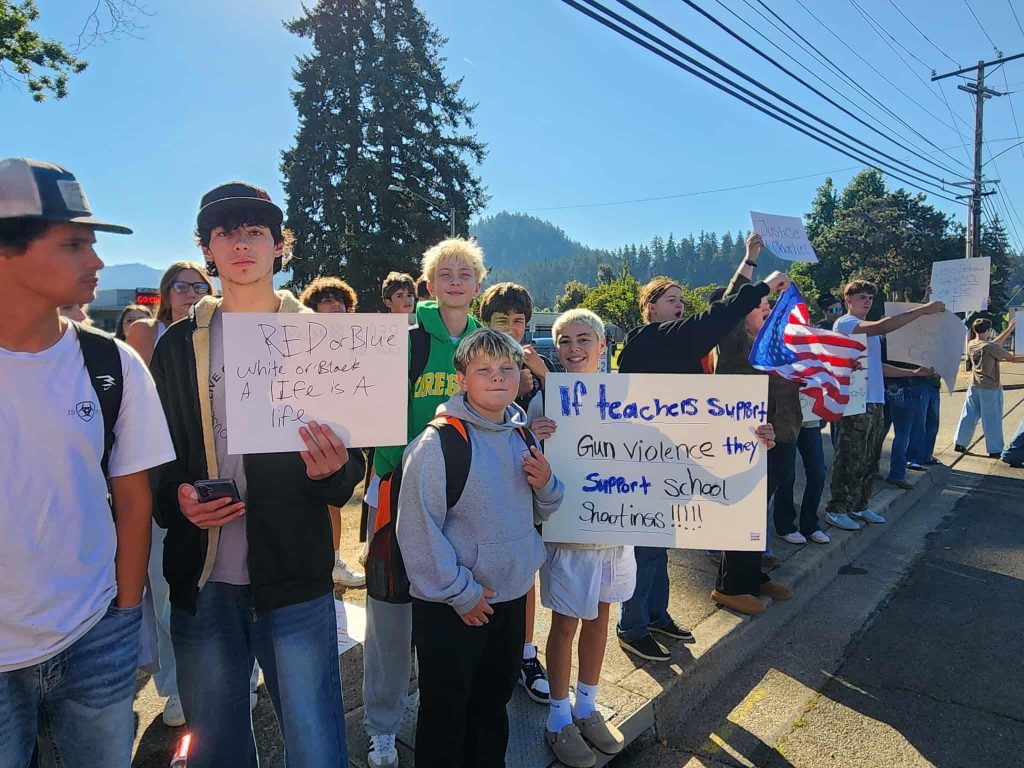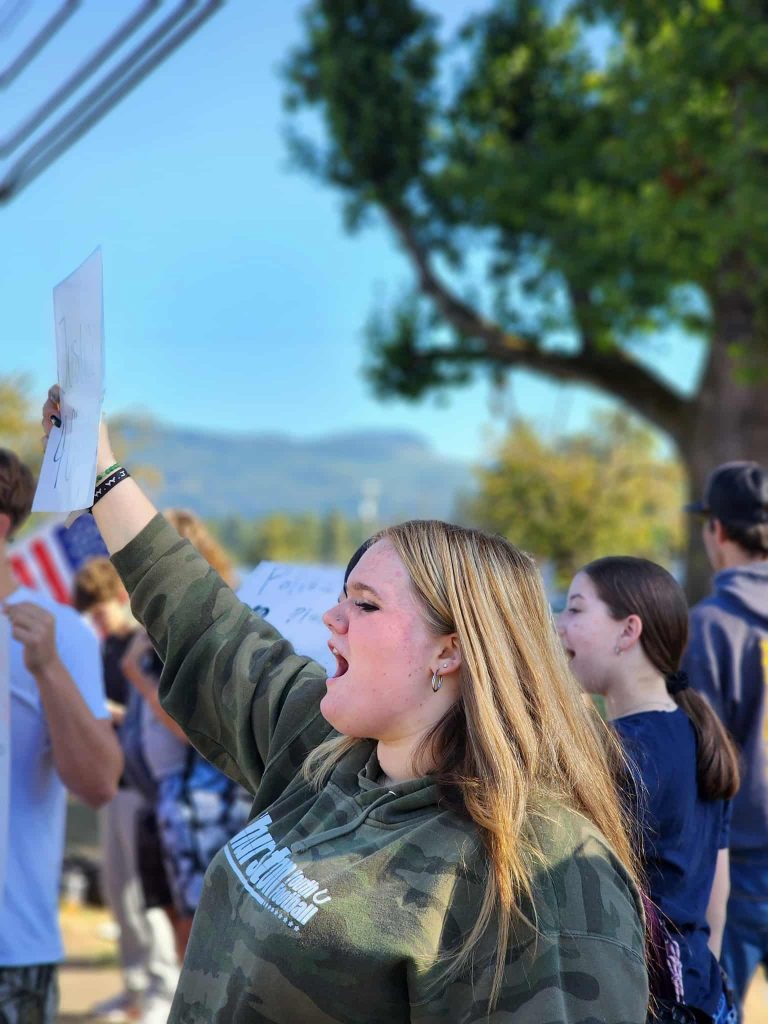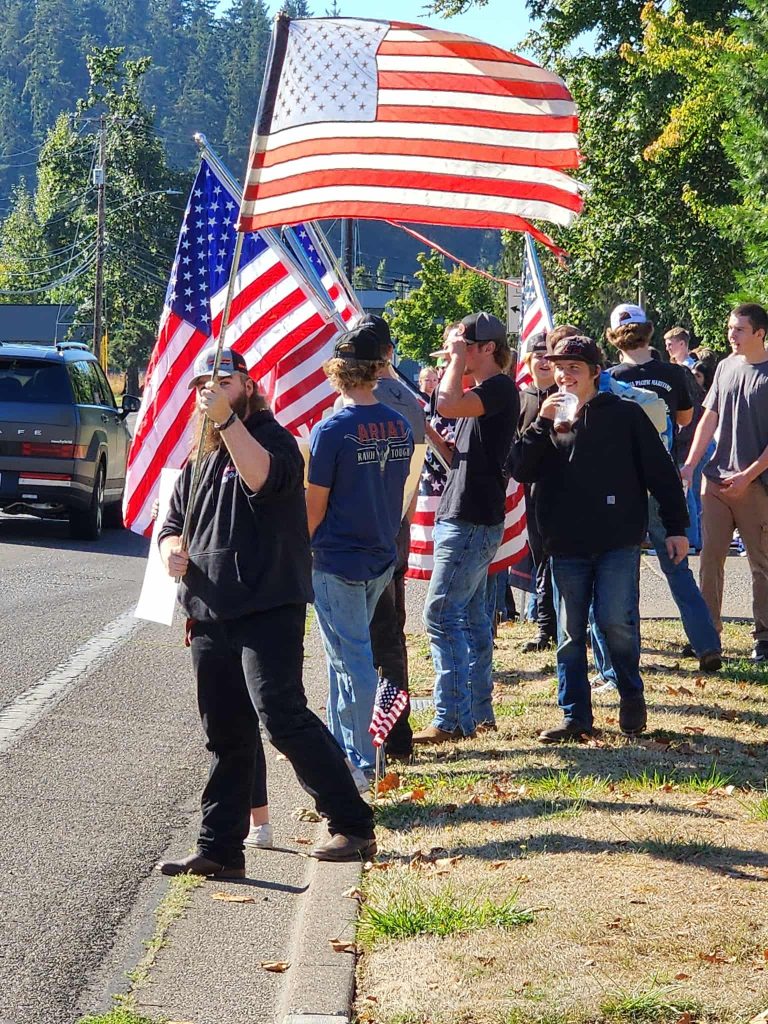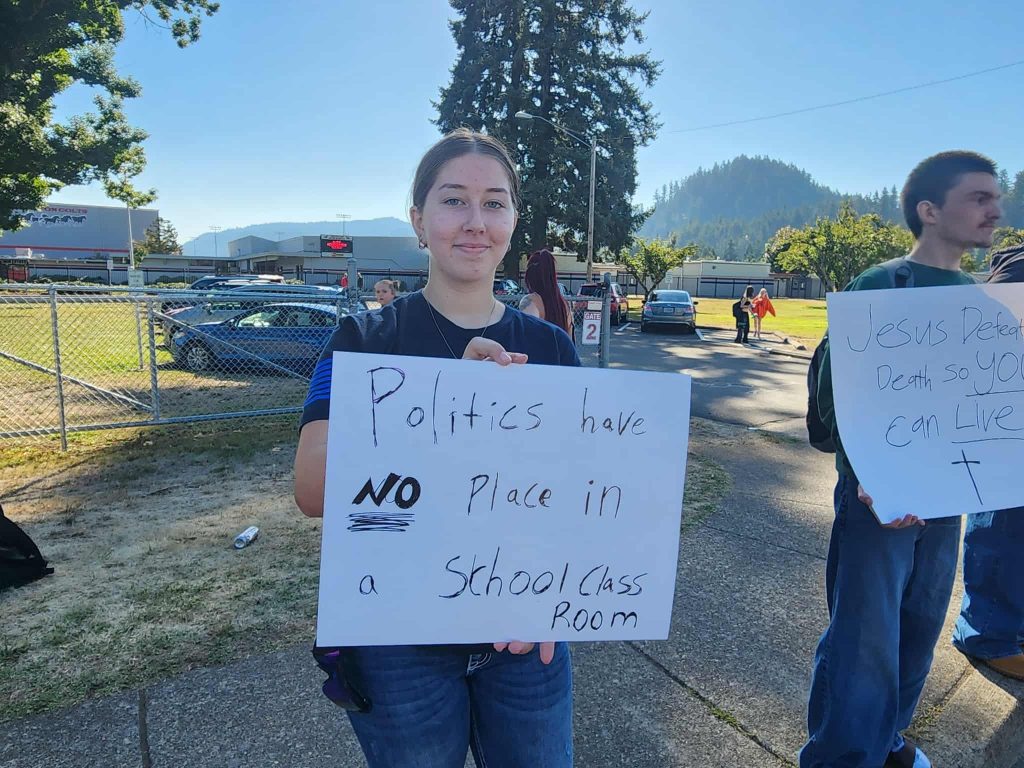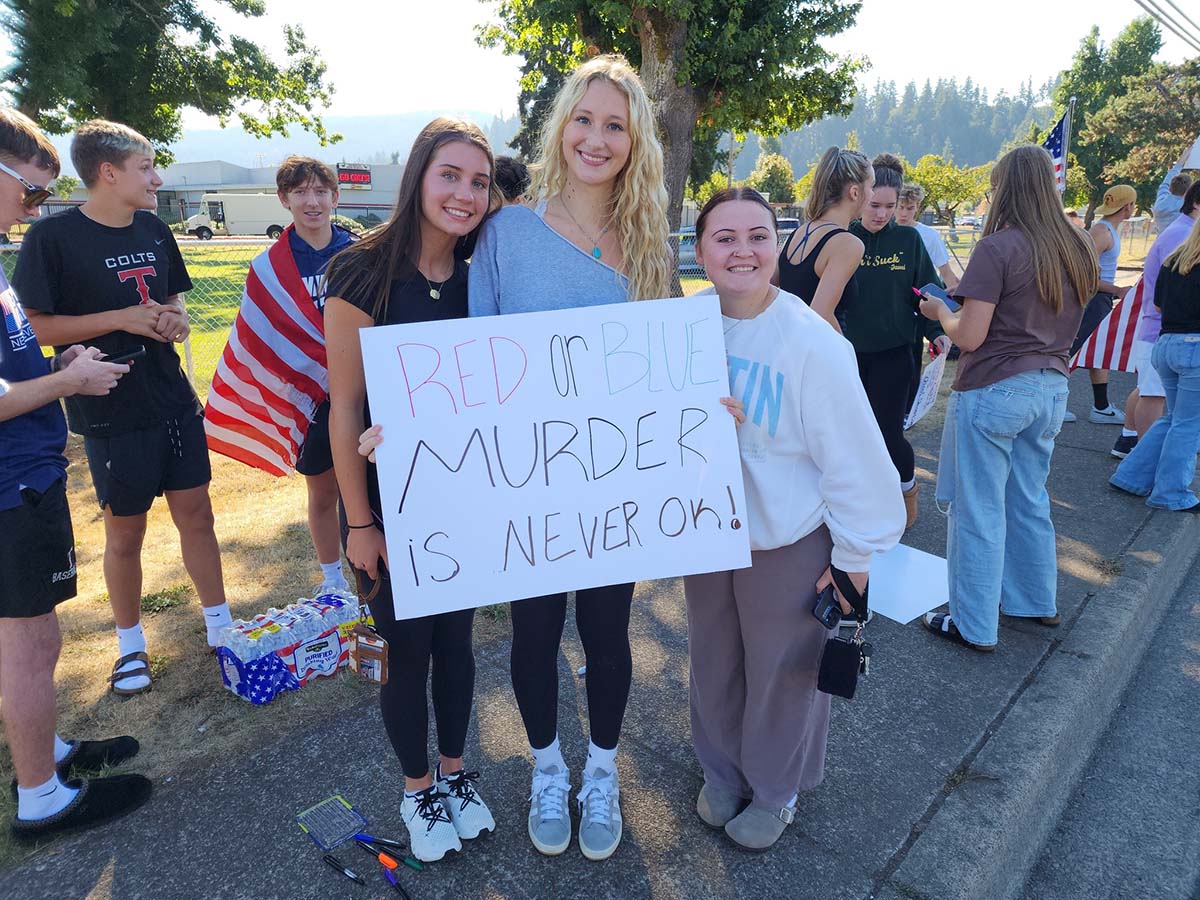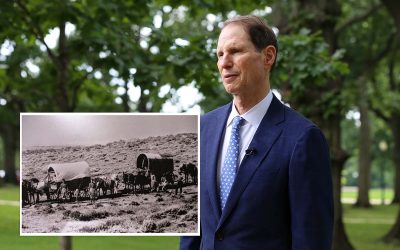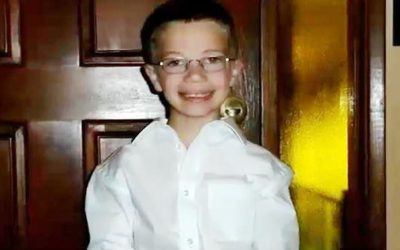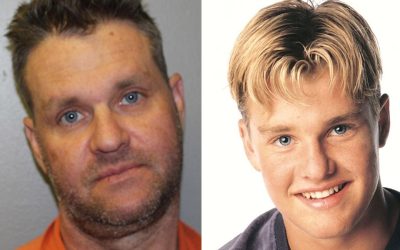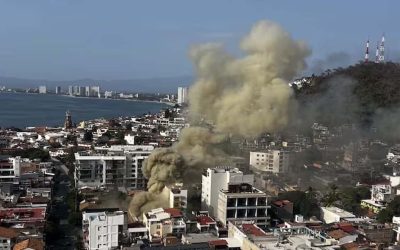The assassination of conservative activist Charlie Kirk during a campus debate in Utah has shaken the nation and sparked heated reactions far beyond the state’s borders. The fallout has reached Springfield, Oregon, where a Thurston High School teacher is under fire for reacting to Charlie Kirk’s death with a single word: “Good.”
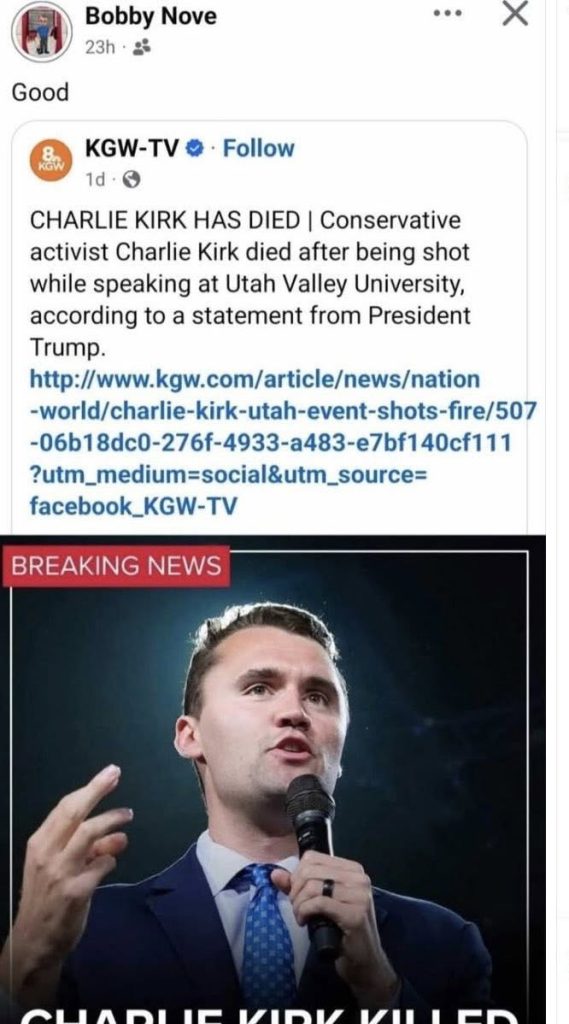
The post, attached to a KGW-TV news story confirming Kirk’s assassination, quickly spread online. Screenshots circulated among parents, students, and community members, igniting outrage that an educator entrusted with shaping young minds would publicly celebrate political violence.
One of the first formal complaints came from Springfield resident Carly Brunscher, who described herself as the older sister of a Thurston High School student. In a letter sent to the district, Brunscher called Nove’s post “incredibly terrifying” and demanded transparency, accountability, and assurance that students were not being exposed to educators who normalize or celebrate violence.
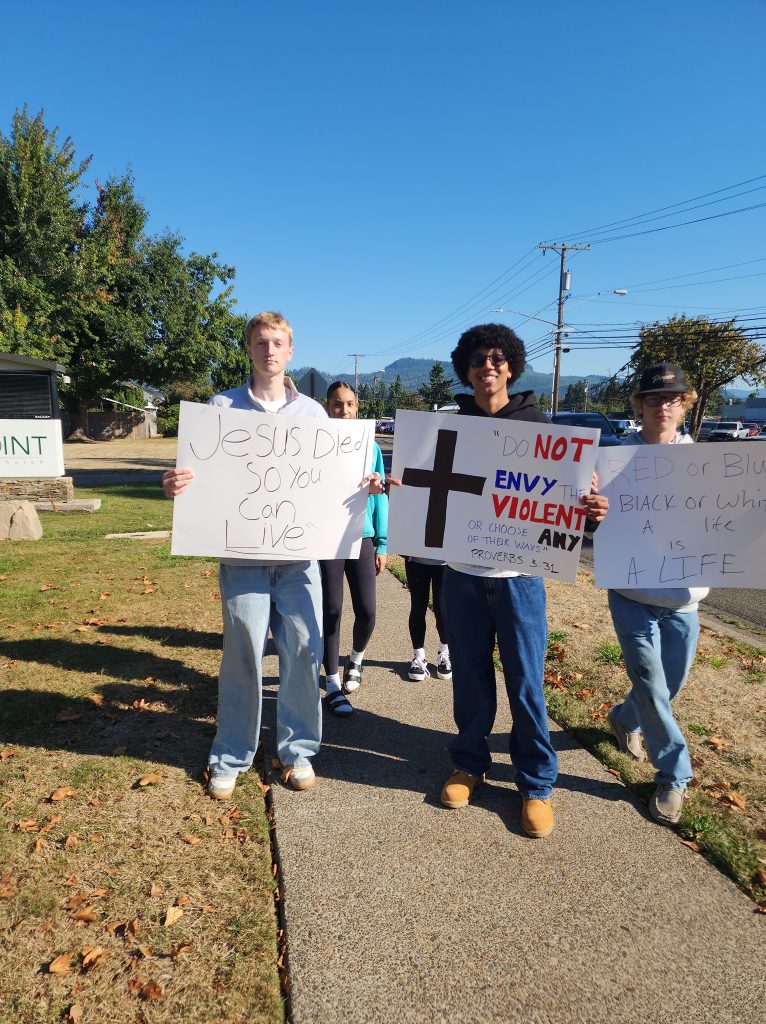
“Regardless of anyone’s political viewpoint, an educator’s public praise of political violence violates the most basic expectations for those we choose to entrust with children’s safety and moral guidance,” Brunscher wrote. “Teachers who publicly celebrate the death of a political figure should not be entrusted with shaping young minds.”
Springfield Public Schools Superintendent Todd Hamilton issued a statement distancing the district from Nove’s comments:
“The views expressed in the post do not reflect the values of Thurston High School or Springfield Public Schools. We expect our educators to model care and uphold professional standards, and we are following up on this matter according to district policies.”
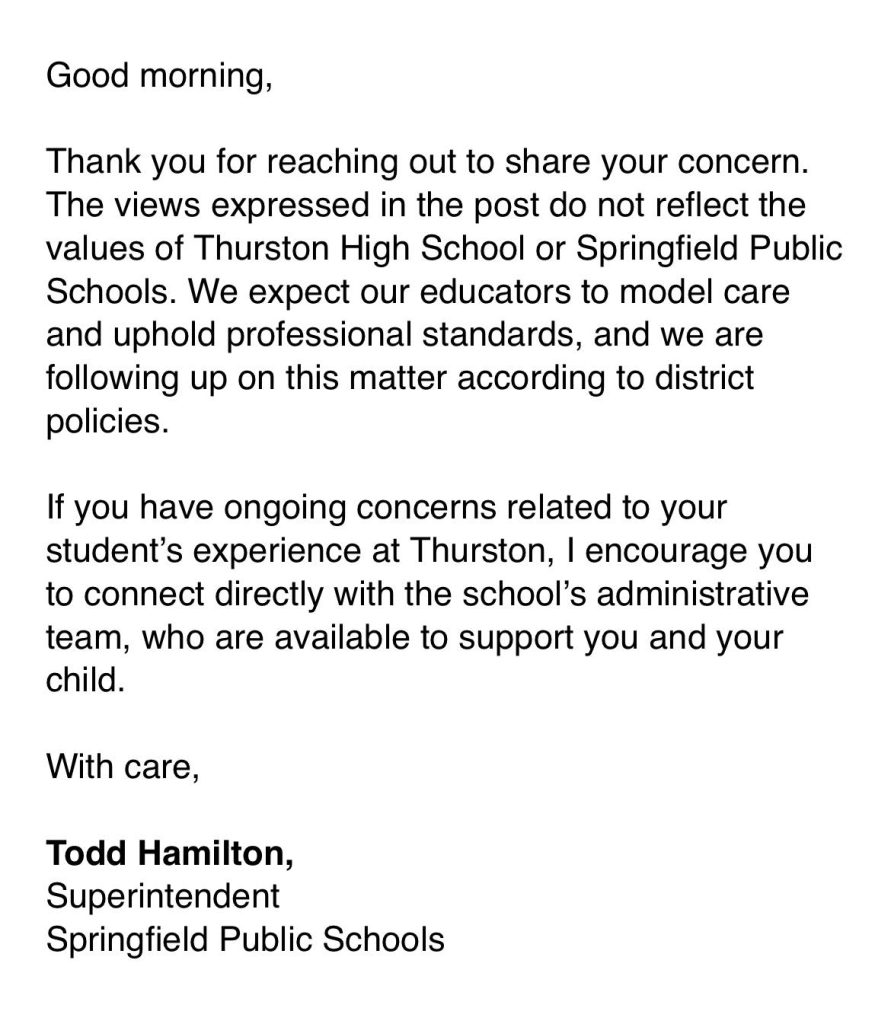
Hamilton also encouraged parents and families to reach out directly to school administrators if they had concerns.
When we visited the school earlier this morning, September 17, 2025, following the controversy, students themselves were thoughtful and respectful in their responses. Several told us they were disappointed, not only in the teacher’s post but also in how the administration was handling the situation. “We don’t think celebrating death is right,” one student said, while others echoed that the principal’s response did not feel strong enough given the seriousness of the comments.
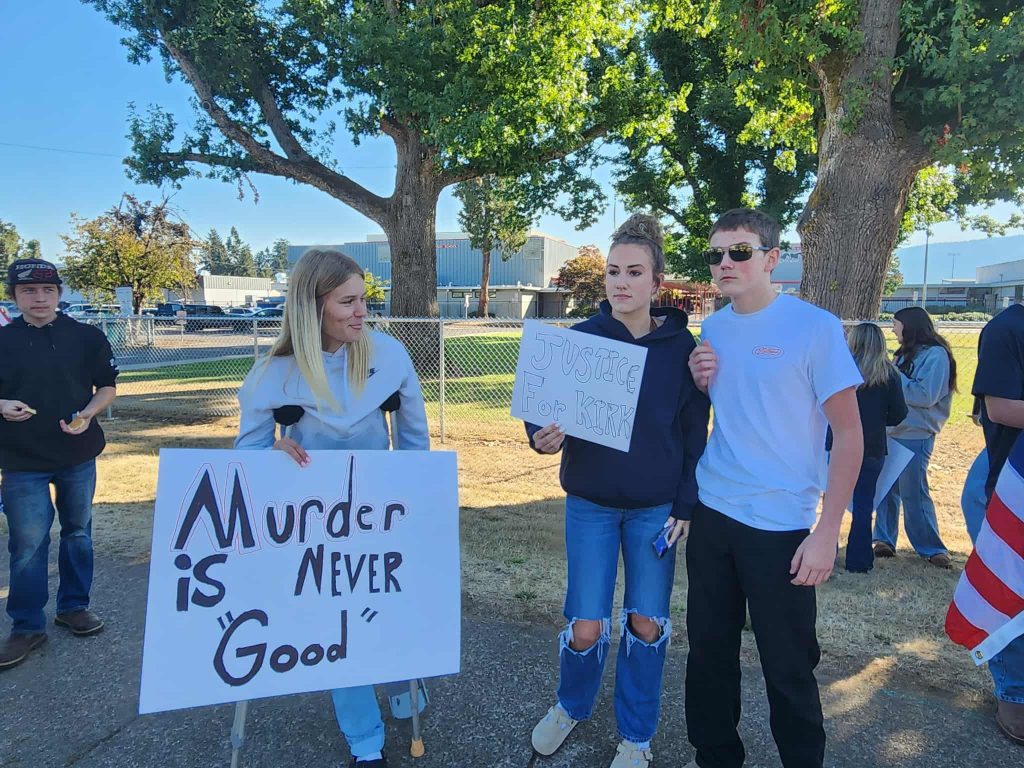
That reaction carries added weight at Thurston, a school with its own painful history. On May 21, 1998, Thurston High was the site of a mass shooting in which two students were killed and more than two dozen others wounded. For many in Springfield, that tragedy remains a stark reminder of why celebrating violence in any form feels especially out of place on this campus.
The Broader Backlash
The fallout mirrors other recent controversies in Oregon following Kirk’s assassination. Just days earlier, Forest Grove middle school teacher and Cornelius City Councilor John Colgan faced similar backlash after writing on Facebook that Kirk’s death had “brightened up” his day. Both incidents highlight how quickly local educators have become flashpoints in the national debate over free speech, professional conduct, and political violence.
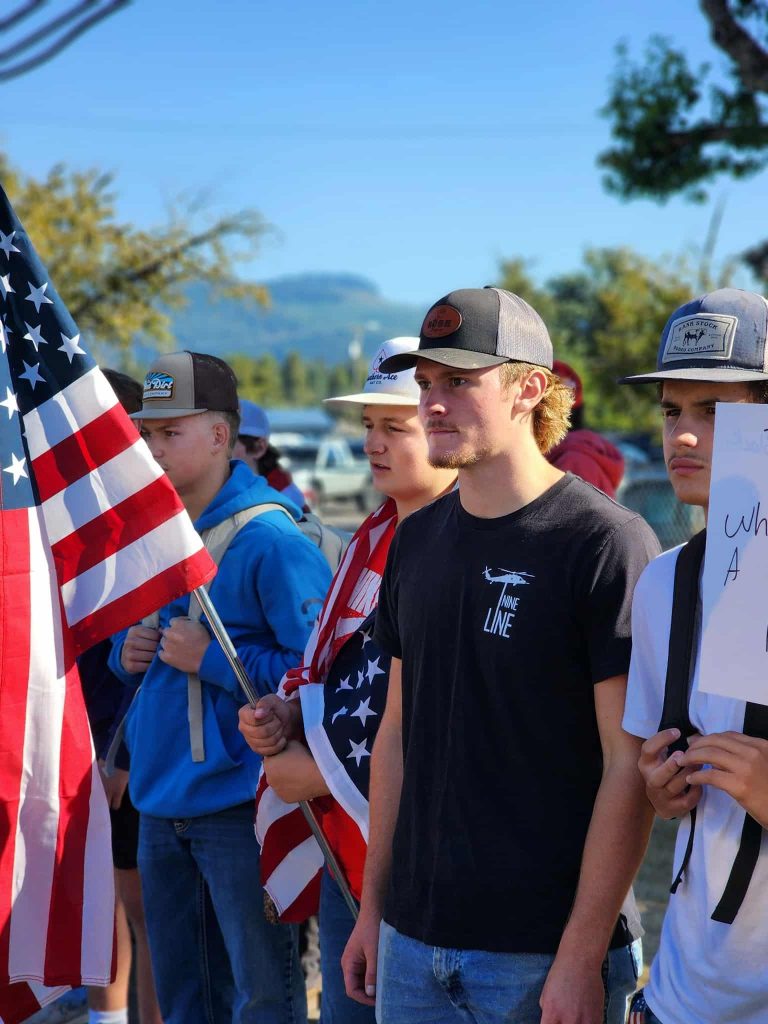
Community reactions remain divided. Some argue that teachers have a right to personal opinions expressed on private social media accounts. Others insist that educators carry a special responsibility as authority figures, and celebrating the assassination of a political figure undermines their ability to provide a safe, respectful learning environment.
A Nation on Edge

Charlie Kirk, founder of the conservative youth organization Turning Point USA, was shot and killed during a speaking engagement at Utah Valley University on September 10, 2025. Police arrested 22-year-old Tyler Robinson after his father alerted authorities to a confession.
Kirk’s death, and the wave of online celebration from some corners of the internet, underscores the country’s deepening divide. Critics argue that normalizing political violence, even in jest or with a single word, sets a dangerous precedent, especially when the individuals involved are entrusted with teaching or governing.
The situation at Thurston High School illustrates the wider national crisis. What was once unthinkable, celebrating the violent death of a political opponent, is becoming disturbingly common.
As investigations continue and communities grapple with these revelations, a sobering question remains. How far has America drifted from the shared principle that political disagreements should be settled with words, not weapons, and what happens when educators and leaders abandon that standard?
